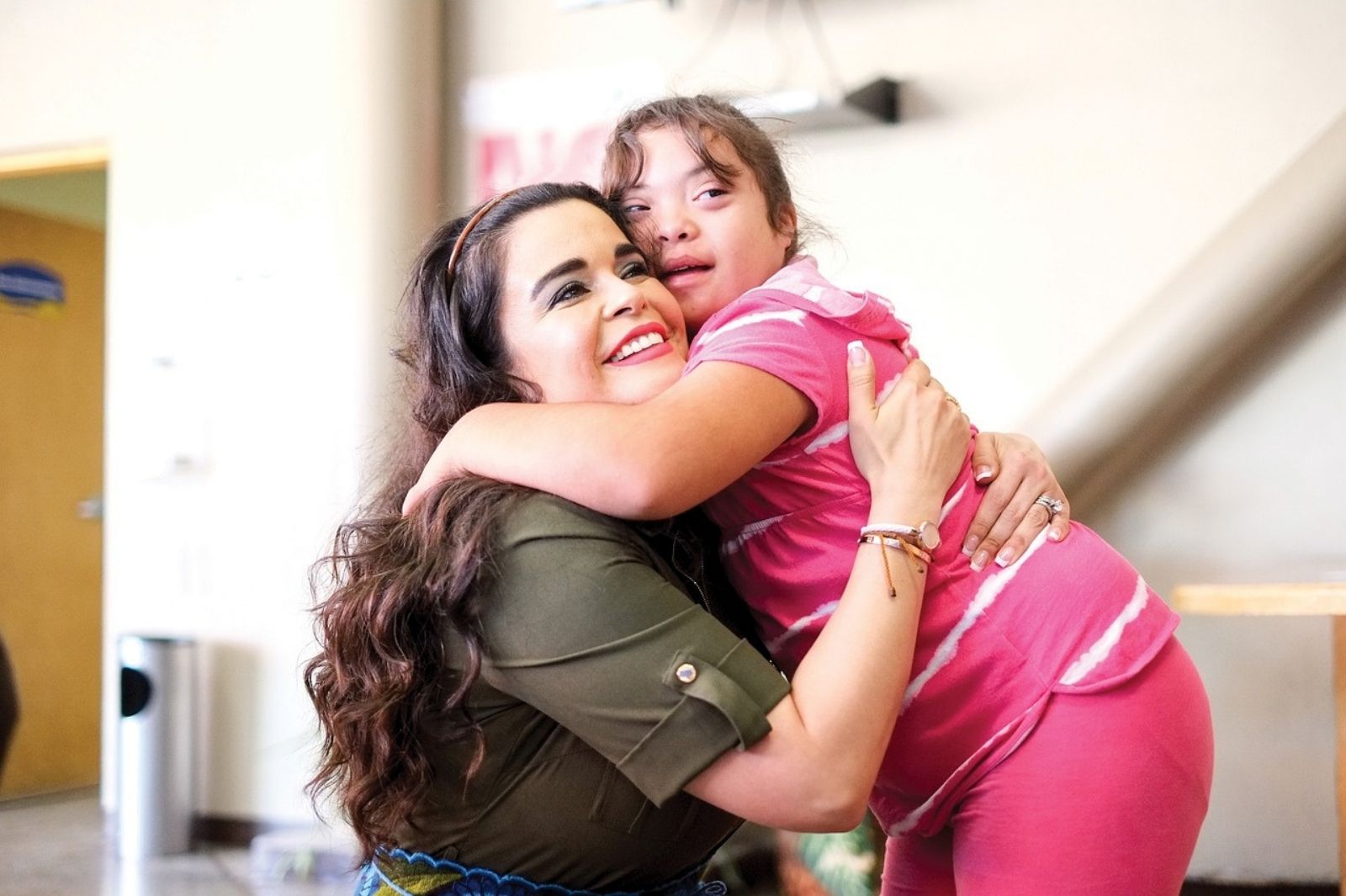Blog: An educational system more inclusive for those with individual needs
Date 26.10.2020

Julian Brown, Subject Leader of Inclusion and Special Educational Needs (ISEN) at the University of Northampton, presented at the recent #NEDTALK5 event for educators in Northamptonshire. This was the fifth NEDTALK, an off-shoot of Educating Northants, which brings together teachers and senior leaders in the local area whose aim is to improve education within the region.
The focus of this live and online event, attended by more than one hundred educators, was inclusion, special educational needs and disability. Here, Julian shares his views about the current situation and what he recommends for schools and settings, all very relevant during the current COVID-19 situation.
Where are we now?
It is evident from the data we collect in England about SEN that the number of children identified with these needs has increased annually over the past six years, when the current legislation – ‘The SEN/D Code of Practice’ – was revised, including a notable increase in the number of children and young people who require a detailed and legally-binding plan of Education, Health and Care.
These plans, meant to bring together services across these disciplines, has increased most for those who are on the autistic spectrum, now making up nearly one-third. Meanwhile those requiring SEN support has increased most overall for those who have mental health needs – statistics being collected before the pandemic! We also know that approximately two-thirds of pupils with SEN are boys, you are twice as likely to have an SEN if you also receive free school meals and the percentage of pupils going to special or alternative provision has increased between 3-5% every year (compared to a 1% increase in mainstream settings) – a trend since 2006!
What should we do?
There is no single answer or panacea to the challenges we face, but I think there are some principles which will help us to create an educational system that is more inclusive for those with individual needs.
Shared responsibility
In both policy and practice, supporting pupils with a SEN cannot be done by one professional, parent or carer alone. Professionals in schools need to work together with families and those around them in order to build a network of support, whilst bringing in any external professionals who may lend additional expertise or guidance. Although the day-to-day operational matters in schools may be organised and led by the Special Educational Needs Coordinator (SENCO), outcomes are more possible, and systems more sustainable, where there is a collaborative approach that engages with all teachers, support staff and families to have responsibilities and work together.
Build relationships
Understanding any young person requires us to first seek to understand them: their strengths, difficulties, as well as their aspirations and worries. Pupils with SEN are no different. Often these needs may present themselves as being more profound or the support needed more substantial. The first step, through an investment of time, is to get to know them, build trust and work together towards mutually agreeable goals. This can only be done where relationships are secure.
Focus on wellbeing
Individuals in the SENCO role can find themselves in a position of a ‘SENDO’, doing task after task without time to reflect and ‘recharge the batteries’. The same can be said of teachers or support staff whose energies can be consumed by one or two children in their class whose needs require regular, detailed support and thoughtful action. Therefore, a focus on professional development, identifying coping strategies and taking collective responsibility are important steps towards gaining work/life balance. Time to reflect and refresh is important for any educator, but even more so for those who are dealing with issues which often aren’t seen in an ‘in-tray’ or measured by indicators. A focus on wellbeing not only helps that individual, but also those around them.
Although this is not an exhaustive list, they are important first steps towards creating a system of sustainable support to ensure children and young people achieve positive outcomes.